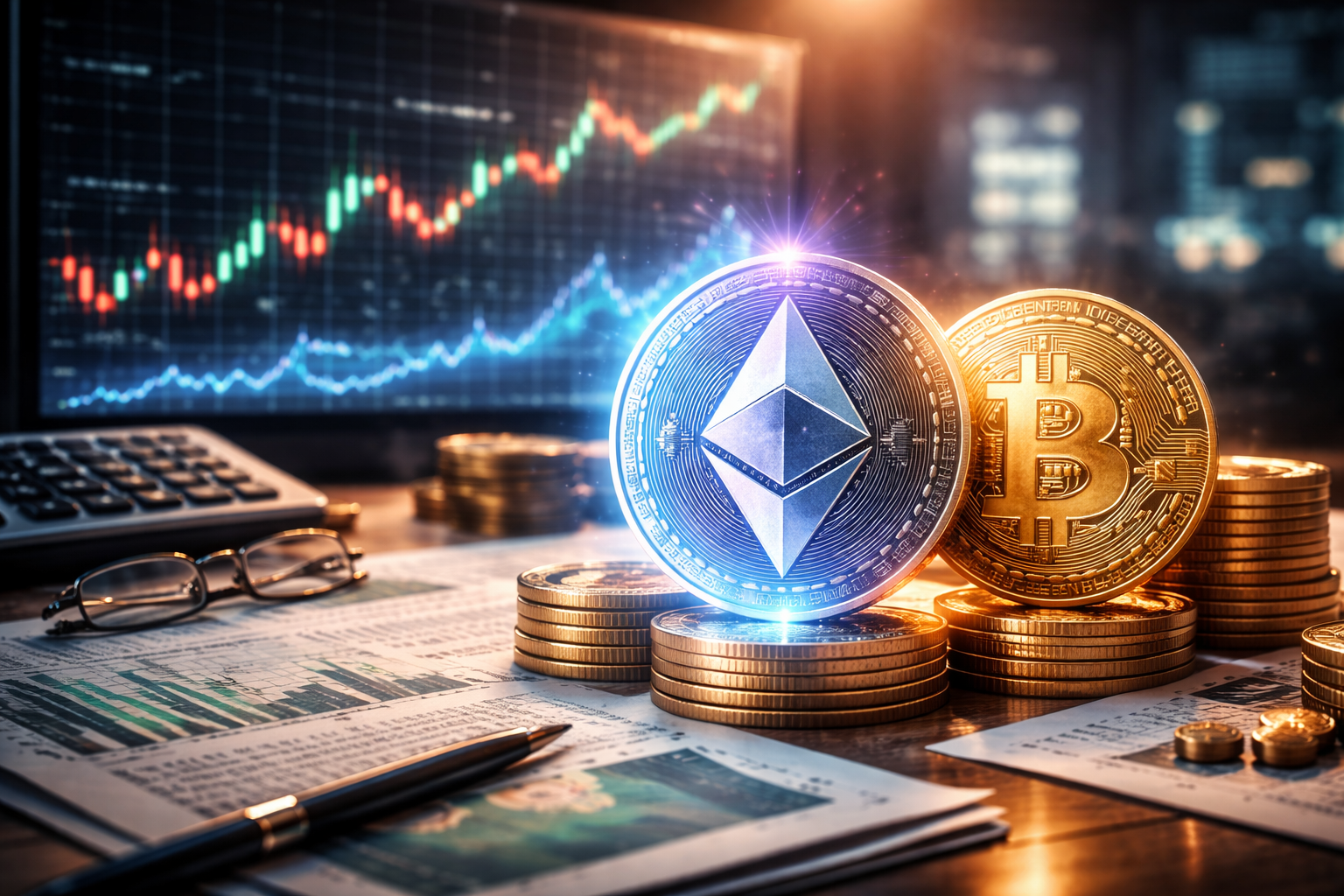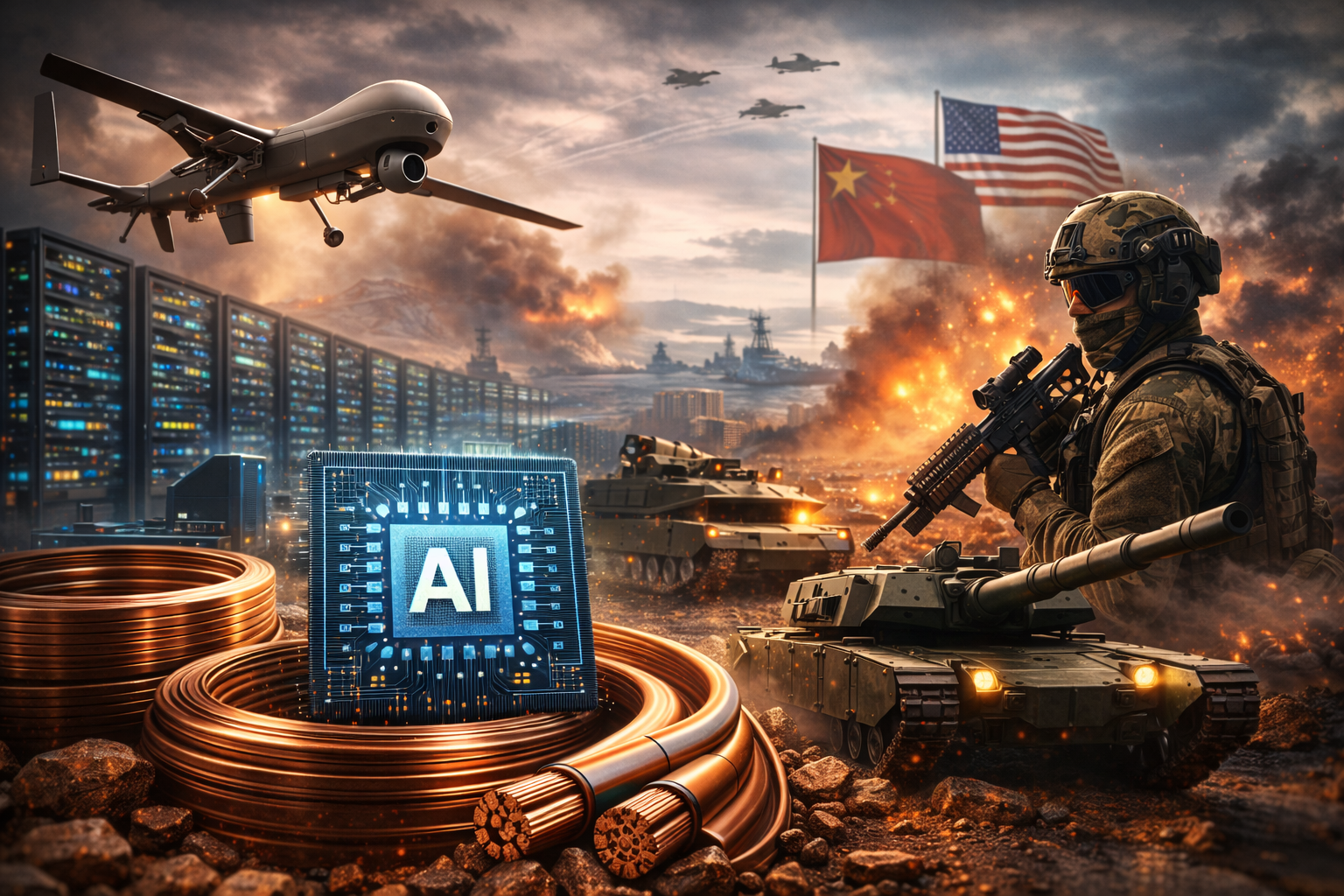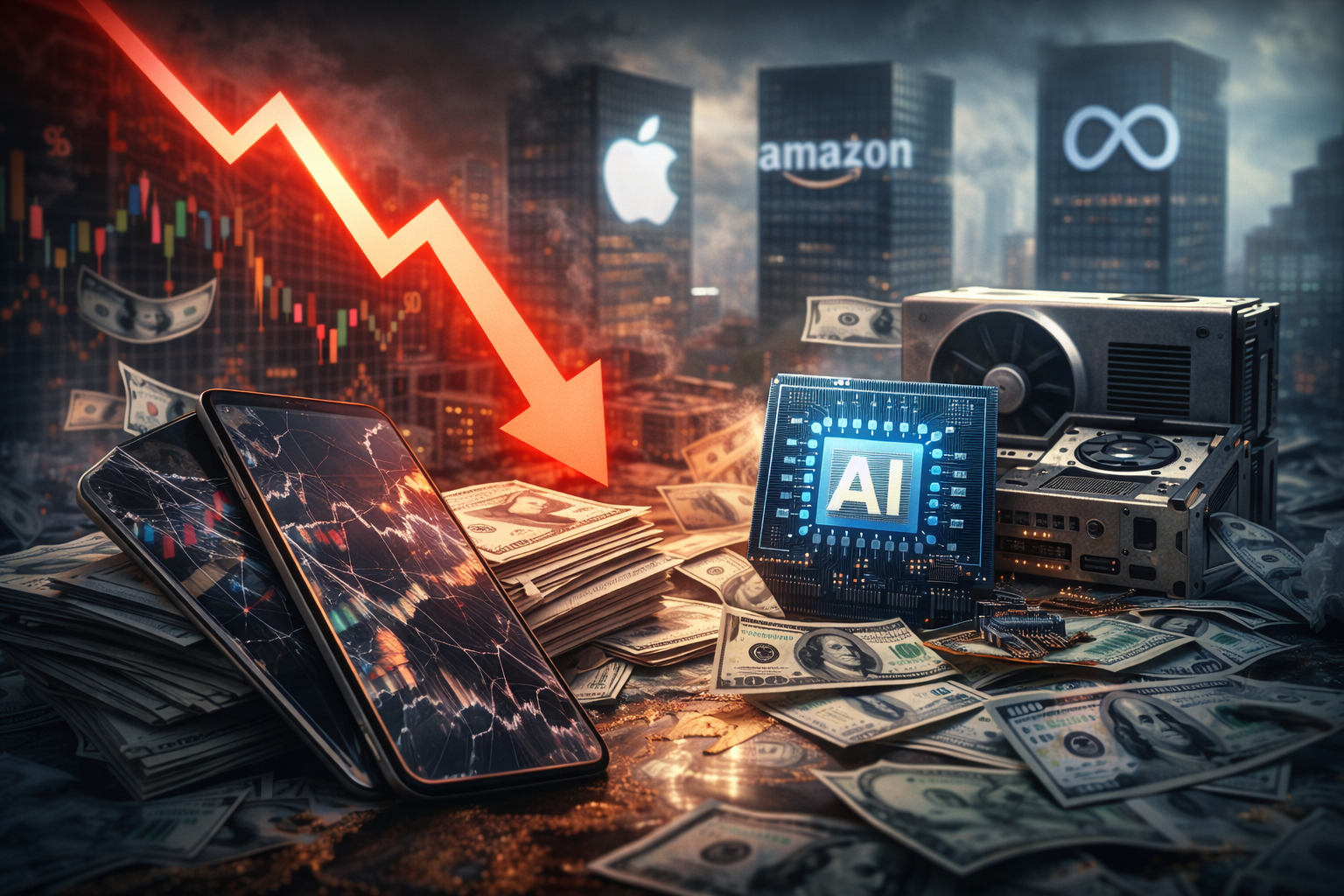The artificial intelligence sector, a dominant force in global markets this year, was hit with two contrasting headlines that highlight the sector’s promise and pitfalls. On one hand, Nvidia, the world’s leading AI chipmaker, reportedly halted production of its new H20 chip, tempering investor excitement in hardware innovation. On the other, Meta Platforms struck a $10 billion, six-year cloud services agreement with Google, underscoring its determination to scale AI infrastructure and secure long-term efficiencies. Together, these developments illustrate the diverging fortunes of AI hardware and infrastructure providers, and why investors must reassess where sustainable growth lies.
Nvidia’s Production Pause Raises Concerns
Nvidia has become the poster child of the AI hardware boom, powering everything from generative AI models to high-performance computing. Yet reports from The Economic Times indicate the company has halted production of its H20 AI chip, citing unspecified challenges. While details remain scarce, such hiccups may point to design flaws, supply chain constraints, or customer demand adjustments.
For investors, this pause is noteworthy because Nvidia has been the main beneficiary of the AI hardware surge. The company’s stock has surged more than 200% in the last two years, fueled by explosive demand for AI chips. However, production halts like this underscore the risks of over-reliance on one firm’s hardware dominance and the volatility tied to cutting-edge manufacturing.
Meta’s $10 Billion Bet on Google Cloud
In stark contrast, Meta is doubling down on its AI infrastructure ambitions. The company has signed a six-year, $10 billion contract with Google Cloud, one of the largest cloud partnerships on record. According to industry sources, the deal is designed to provide Meta with long-term access to advanced computing resources critical for AI training and deployment.
This move not only strengthens Google’s cloud business but also reflects Meta’s commitment to reshaping its platforms around AI. From recommendation algorithms to virtual reality and generative AI applications, Meta’s ecosystem requires massive computing power. The Google partnership signals that Meta intends to secure its infrastructure backbone well into the next decade.
Why This Matters for Investors
These developments highlight two important themes for investors in the AI space:
- Hardware Risks: Even dominant firms like Nvidia face operational bottlenecks. Any disruption in chip production can ripple across the industry, given the current supply-demand imbalance in AI semiconductors.
- Infrastructure Opportunities: Cloud services providers like Google, Microsoft, and Amazon are well-positioned to benefit as AI adoption accelerates. Large, long-term deals like Meta’s provide recurring revenue streams and strengthen their role in the AI ecosystem.
Future Trends to Watch
- AI Hardware Competition: With Nvidia facing hurdles, rivals such as AMD and Intel may seek to capture market share by accelerating their AI chip roadmaps.
- Big Tech Partnerships: Expect more multi-billion-dollar, multi-year partnerships as companies seek secure access to compute resources, mitigating short-term supply shocks.
- Shift Toward Services: As AI applications expand, service providers offering cloud, cybersecurity, and enterprise integration will play an increasingly central role.
Key Investment Insight
Investors should balance exposure between AI hardware and infrastructure plays. While Nvidia’s long-term leadership remains intact, near-term volatility could weigh on returns. Conversely, cloud providers like Google, Microsoft, and Amazon stand to gain from predictable, recurring AI infrastructure revenues. Rotating toward infrastructure leaders may provide more stability in an otherwise hype-driven sector.
The AI revolution continues to create both risks and opportunities. Investors who diversify between hardware innovation and infrastructure resilience will be better positioned to capture the sector’s long-term upside.
Stay with MoneyNews.Today for timely insights and in-depth analysis on how technology trends are shaping global markets.





